
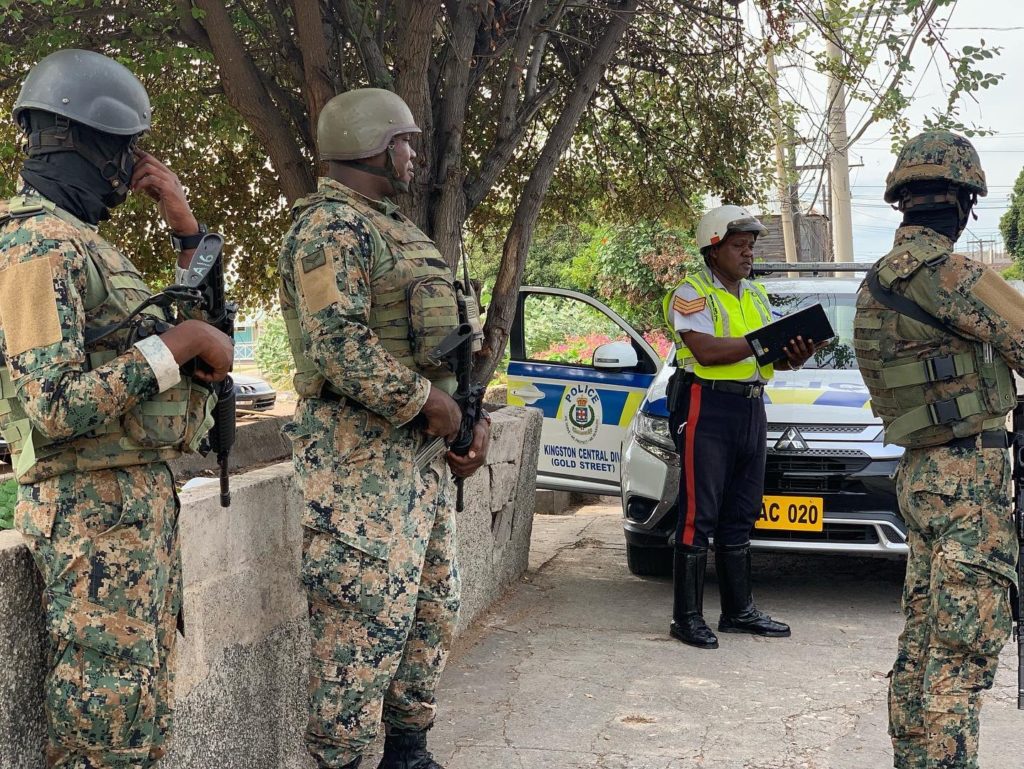
The Andrew Holness-led administration is receiving renewed criticism from human rights lobby, Jamaicans for Justice (JFJ), for its overreliance on states of emergency (SOEs) and the resulting breaches by the security forces that stained the national crime-fighting effort between 2018 and 2021.
Minister of Legal and Constitutional Affairs, Marlene Malahoo Forte, addressing the JFJ State of Justice: Examining Human Rights and Rule of Law in Jamaica report launch in New Kingston on Wednesday (March 30), insisted that, faced with the double whammy of rising murders and the coronavirus (COVID-19) pandemic, a show of strength from the Government was necessary.
The constitutional affairs minister argued that the Government tried to install buffers—citing its decision to bring the recently discontinued Disaster Risk Management Act (DRMA) to Parliament for bipartisan discussions—instead of unilaterally extending the measure.
“In the management of the COVID-19 pandemic, after assessing the legal infrastructure, the decision was taken to use executive powers. [Government was] mindful of the concerns, assessed dangers in the use of executive powers, but we were dealing with a virus about which little was known at the time, and the information was changing rapidly. And the need for flexibility in the response was paramount,” argued Malahoo Forte at the Jamaica Pegasus Hotel.
“Although the framework under the Disaster Risk Management Act (DRMA) did not require the orders to be brought to Parliament, we took the decision that we would bring it to the Parliament as an added safeguard; to have discussions and to have input[s] of both sides of the aisle and the input of wider society in settling those orders,” she added.
That approach, according to the former attorney-general, “was consistent from start to finish but, of course, you can’t please everyone”.
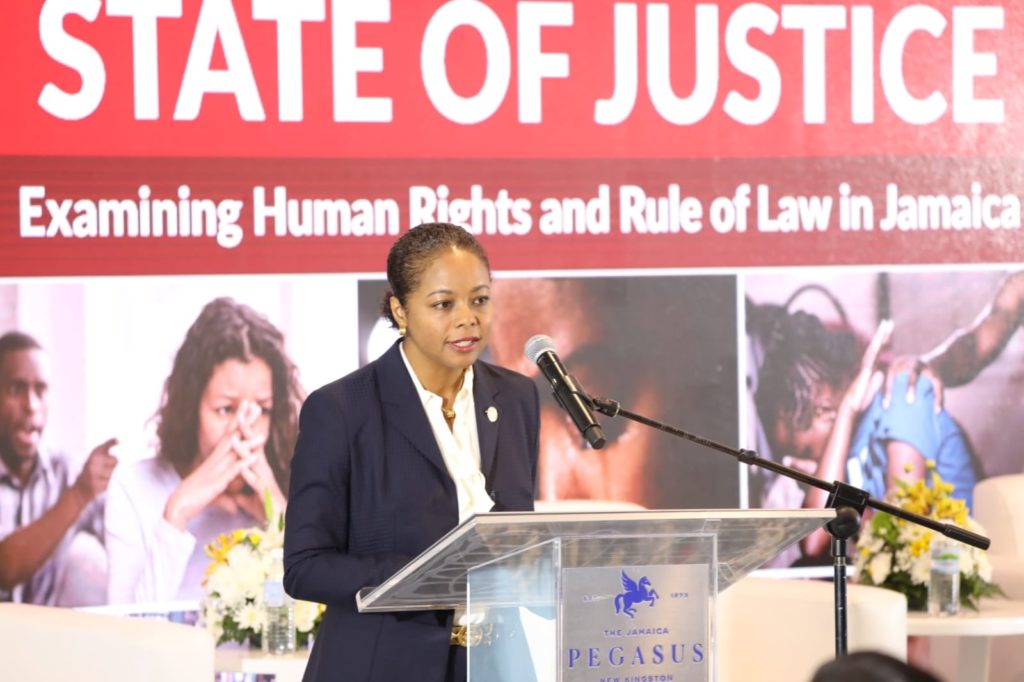
Additionally, the decision was taken to keep SOEs within a short, 14-day preliminary cycle, as the Government was aware that provisions under the declaration would strip Jamaicans of certain human rights, including freedom of movement.
“When you are impacting rights, you have to be mindful of any prolonged interference of engagement of these rights and, though it had the downside of uncertainty because you do not know what is going to come in the next cycle. Again, what was of paramount consideration, was to ensure that the rights were infringed as least as possible and only what was strictly required to deal with the pandemic,” the minister contended.
Malahoo Forte, who sits on the National Security Council, claimed that she had heard divergent views on SOEs and “general policing powers” from lawmakers themselves, so she understood the objections to the measure.
“I’m always interested in concerns that are raised around detention and arrest and, because of that, the [Holness] administration has embarked on a detailed examination of the issues. And I think some of the information is known publicly but may be treated anecdotally,” said Malahoo Forte.
Continuing, the minister declared that “it is no secret” that in the geographic locations where SOEs were declared, “would-be witnesses are sometimes engaged in criminal activities as are victims”.

“This is what the research on the ground shows and, even if I were to speak anecdotally as a member of parliament, it is also what I glean from interacting with the people. And many times, when the police go in response to a murder or a shooting, they have had to clear the scene in order to protect witnesses,” mused Malahoo Forte.
“And so, you will see or hear that persons are taken up and they are released and there is no charge. It is oftentimes a deliberate action taken to protect lives and it is my hope that, sooner or later, there will be a wider discussion with members of the public about what we see in the communities,” she continued.
There was no mention, however, of the September 2020 Supreme Court ruling that declared SOEs unconstitutional and a breach of the basic human rights of the five men who sued the Government for unlawful arrest and detention.
The Holness administration, which assured no further SOEs would be declared until a review of the order was done, announced a new slate of measures for sections of Kingston, St Andrew, and western Jamaica in November 2021.
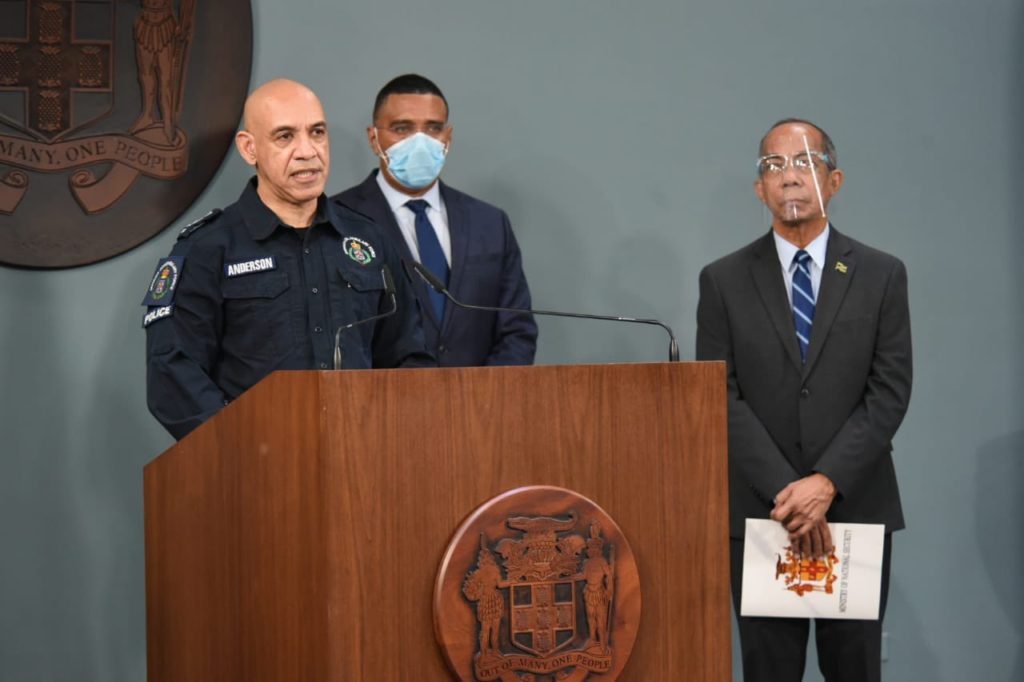
READ: Holness declares SOEs for Western Jamaica, sections of Corporate Area
An extension, lobbied by the Government, failed to garner support from the Opposition, as the SOEs fizzled out of existence due to not receiving the two-thirds majority vote needed.
In the meantime, for Malahoo Forte, the mere fact that Jamaica has been under the thumb of waves of “high criminality” for decades on end, must trigger a “deeper probe” into the societal failings of Jamaica over the years.
She also maintained that, contrary to the widely spread narrative, the Government is not targeting Jamaicans from low socio-economic circumstances, even if the majority of those arrested hail from such communities.
“I am in the habit of marking progress, especially when the problem is so large, and I know that we are all concerned and I share the view of JFJ very strongly that the State is not entitled to break its own laws in its efforts to get the law respected and upheld,” stated the minister.
“And, for me, it’s non-negotiable but I wonder sometimes whether some of the conversations we have around crime and violence require a deeper probe. You know, we can’t make excuses for wrongdoing wherever that wrongdoing occurs. Whether it’s in the State, the family or the society,” added Malahoo Forte.
The minister, while understanding that lack of opportunity is usually a root cause, did not ascribe to notions that being poor meant that people “have to turn to crime”.
“It doesn’t follow. There are many poor and dignified people in Jamaica who do not resort to crime and violence and, very often, our response when there is reasonable grounds to believe that someone, regardless of where they are from, has committed crime, that response is very uneven (sic),” decried Malahoo Forte.
In explaining the rule of law to her constituents in St James, Malahoo Forte said she highlighted the three key pillars: laws must be publicly promulgated, laws must be equally enforced, and laws must be impartially adjudicated.

She conceded, however, that in reality and perception, the equal enforcement of laws has been difficult, without listing reasons for why this is so.
Malahoo Forte was appreciative that, increasingly, Jamaicans are understanding that the fight against crime will take a collective, collaborative approach.
The minister also hoped that the population would get to a point where it values “the need for a strong and effective State”, and not the misguided view that ‘strength’ in this instance equates to oppressive administrations.
“We have to strike that balance between the [human] rights, personal responsibilities and the wider public interest. We have a lot to reconcile in this nation. But increasingly, I am encouraged by the fact that organisations like JFJ are not afraid to tell it to the Government, but to do so mindful that we all have different responsibilities. Government doesn’t stand alone and apart from its people,” remarked the minister.
RELATED:
- Over 600 human rights breaches uncovered in JFJ’s ‘State of Justice’ report
- ‘Guaranteed by responsibility’: Marlene Malahoo Forte declares Gov’t has always respected human rights
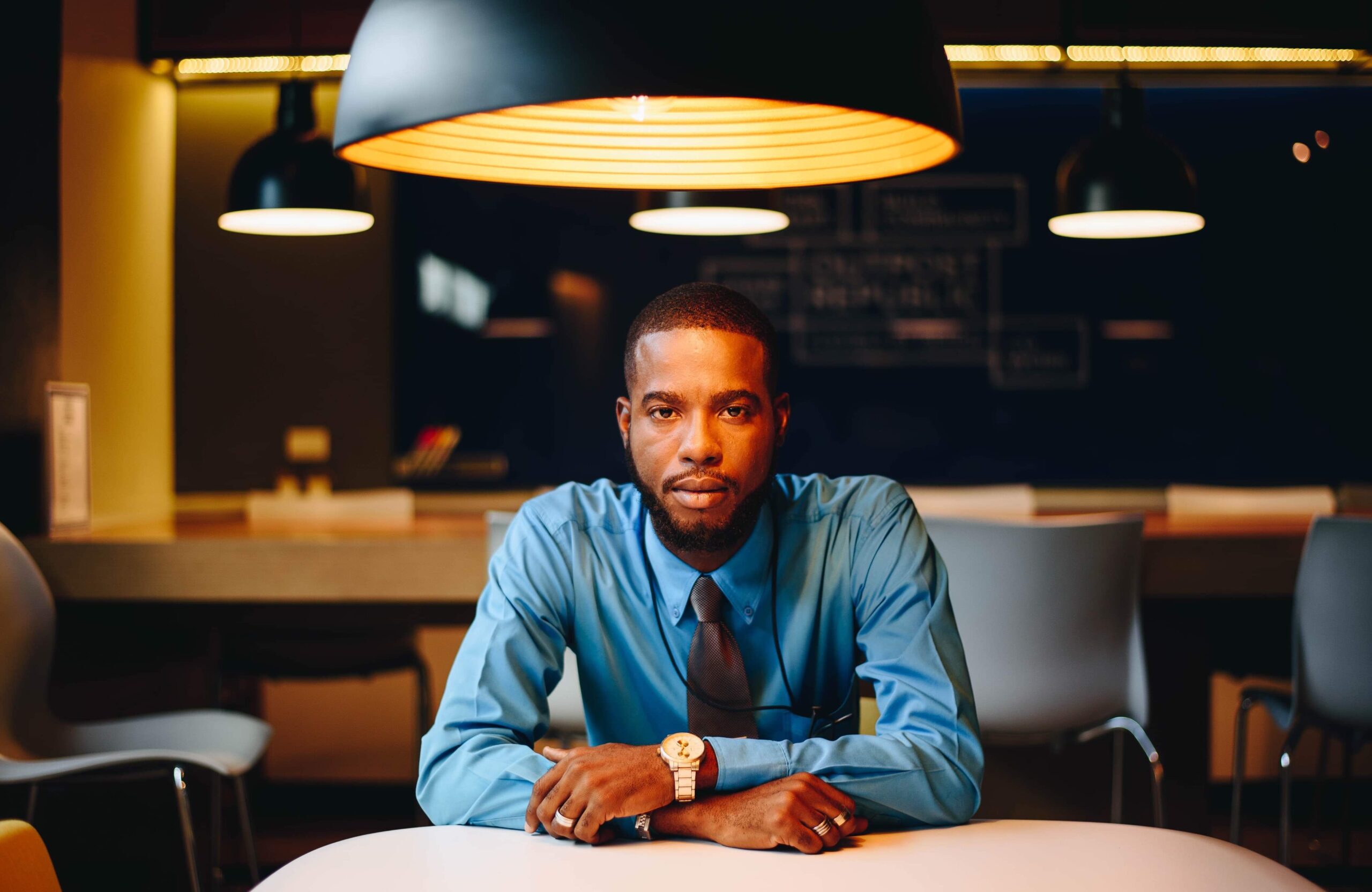
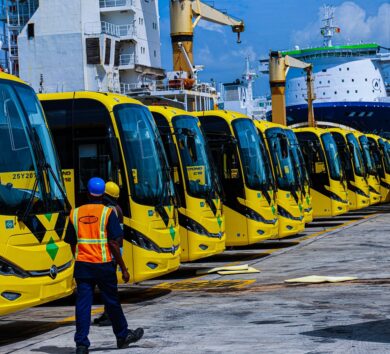
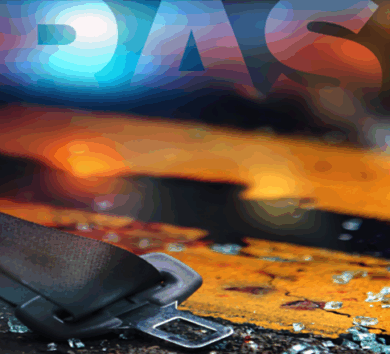
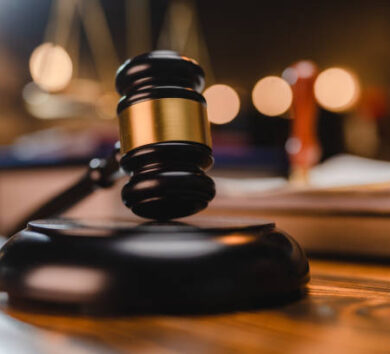
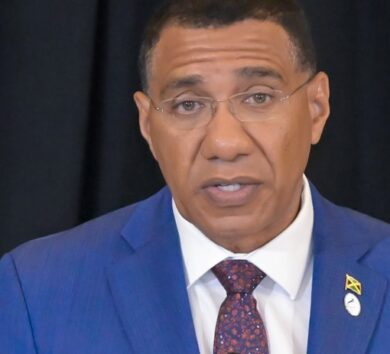
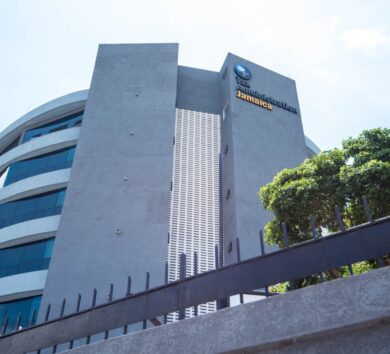

Comments